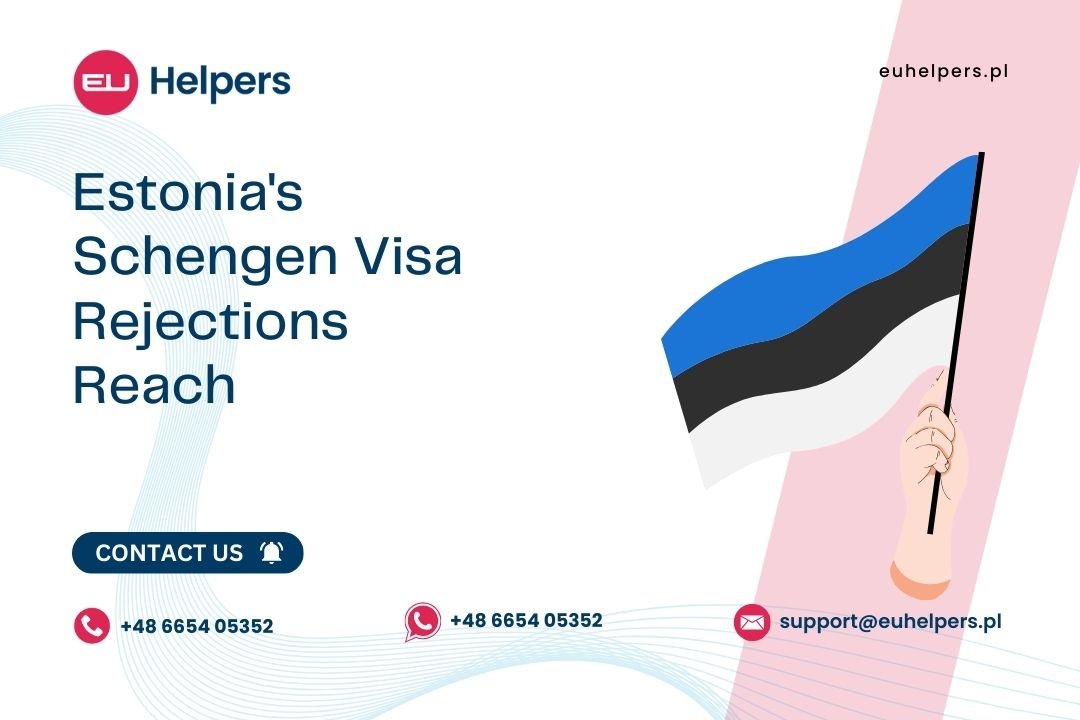In recent statistics concerning Estonia's Schengen visa applications, it has been revealed that more than half of the submitted requests were met with rejection. Specifically, 61.4% of all Schengen visa applications to Estonia were denied, translating to 4,347 applications receiving a negative response.
Among the nationalities most affected by this high rejection rate are Egyptian citizens, who faced a staggering 59.5% refusal rate. This made Egypt one of the countries with the highest rejection rate for Estonian visas in the Schengen zone.
Other nationalities also experienced significant rejection rates. Applicants from the United Arab Emirates (UAE) encountered a 57.9% refusal rate, while Indian applicants had a similar experience, with 49.7% of their visa requests denied. These figures highlight the challenges faced by nationals from these countries when applying for Estonian visas.
On the other hand, Chinese applicants stood out with the lowest rejection rate among the major applicant groups, with only 7.3% of their visa applications being refused. This contrast points to a disparity in how visa applications are processed and approved based on nationality.
These high rejection rates are part of a broader trend seen across many Schengen countries, where visa regulations and scrutiny have tightened in recent years. As a result, nationals from certain regions face increased difficulties in securing travel authorization to Estonia and other Schengen countries.

